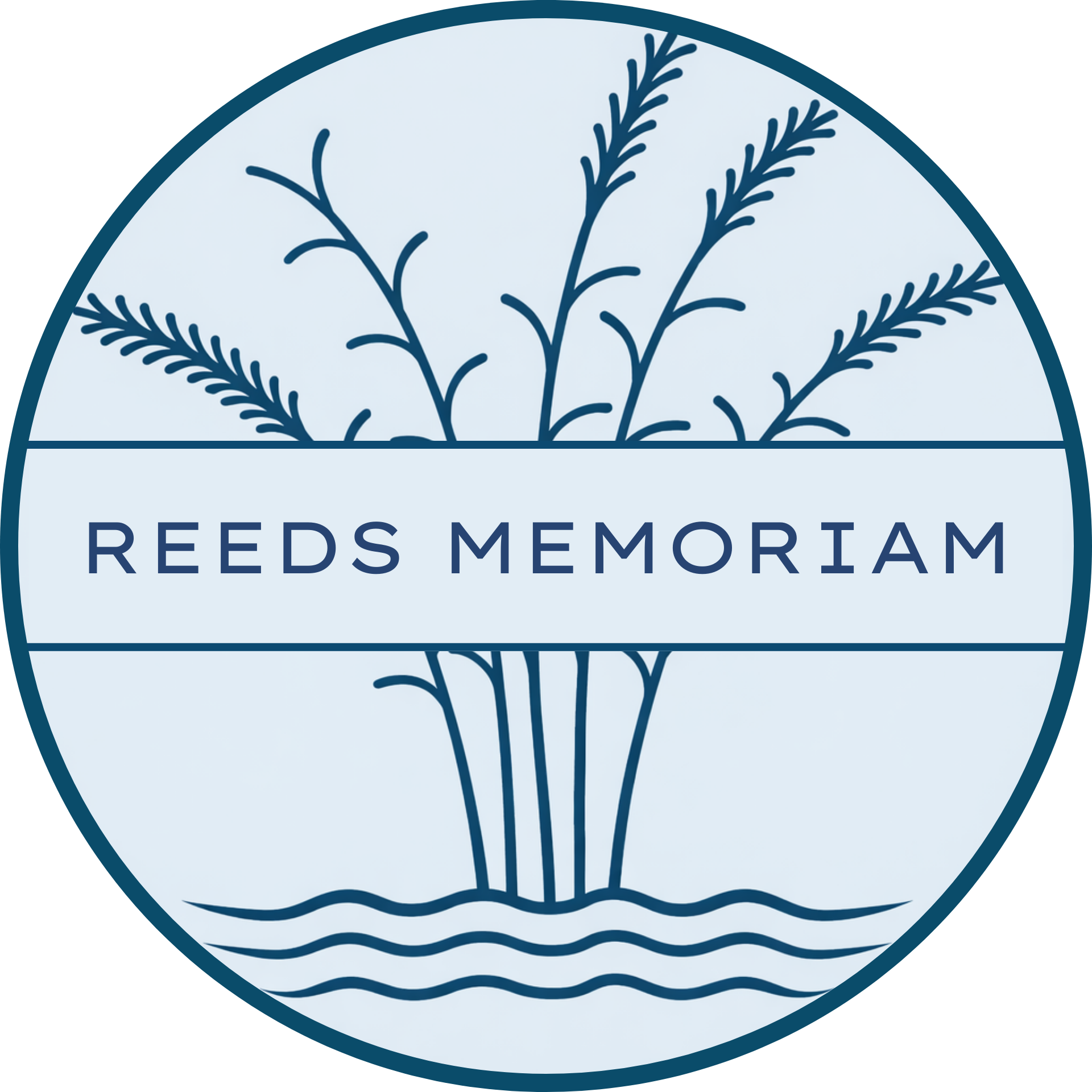Kinfolkology’s Databases: Overview
Oceans of Kinfolk is a database of the coastwise traffic of enslaved people in the antebellum United States. Oceans of Kinfolk currently includes the names of more than 63,000 enslaved men, women and children trafficked to New Orleans from domestic ports between 1818 and 1860.
Louisiana Kindred is a database of enslaved people who were sold in antebellum New Orleans. It is a work in progress, meaning it is still under construction and data entry is ongoing.
Named in Affectionate Terms is a database of individuals & families enslaved by the Carrolls of Maryland between 1689-1864.
Remembered by Name is a database of enslaved individuals whose names appear in Records of Ante-Bellum Southern Plantations from the Revolution through the Civil War, a microfilm collection edited by the historian Kenneth M. Stampp.
Between 1828 and 1830, Robert Corbin, Francis Corbin and Edward Rawle trafficked 131 enslaved persons from Maryland, Virginia, and Alabama to a sugar plantation in Jefferson Parish, Louisiana. Reeds Memoriam is a database of information about these individuals and their fates in Louisiana.





